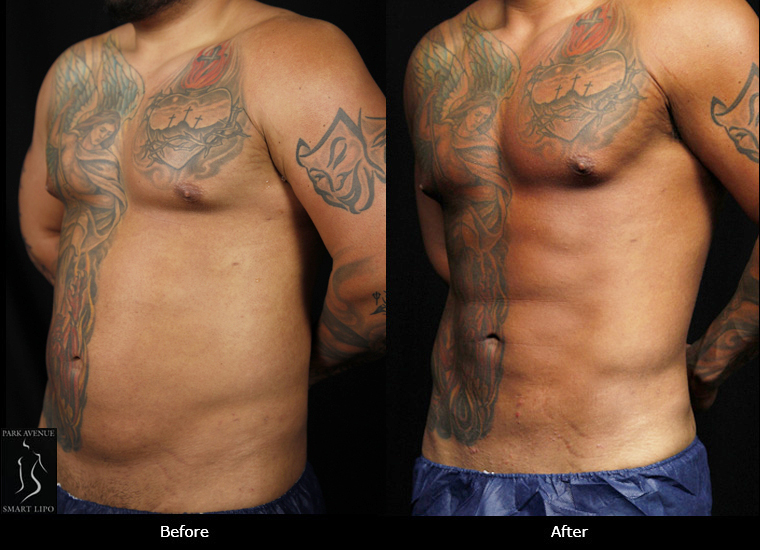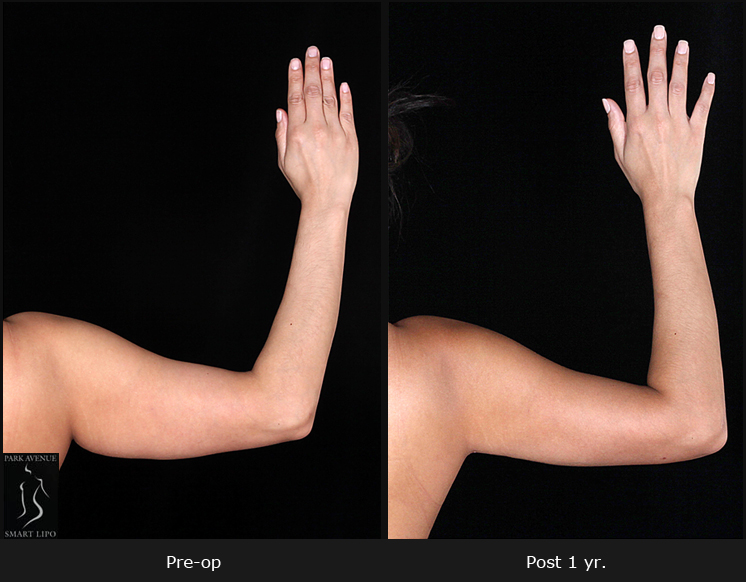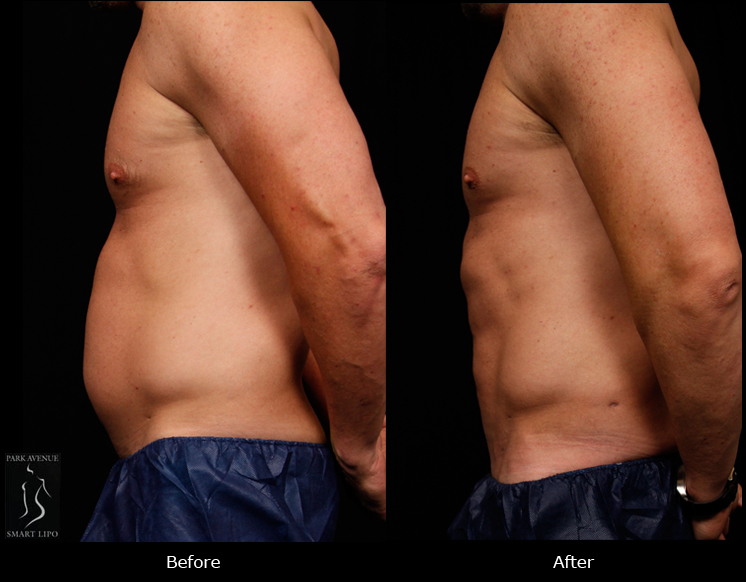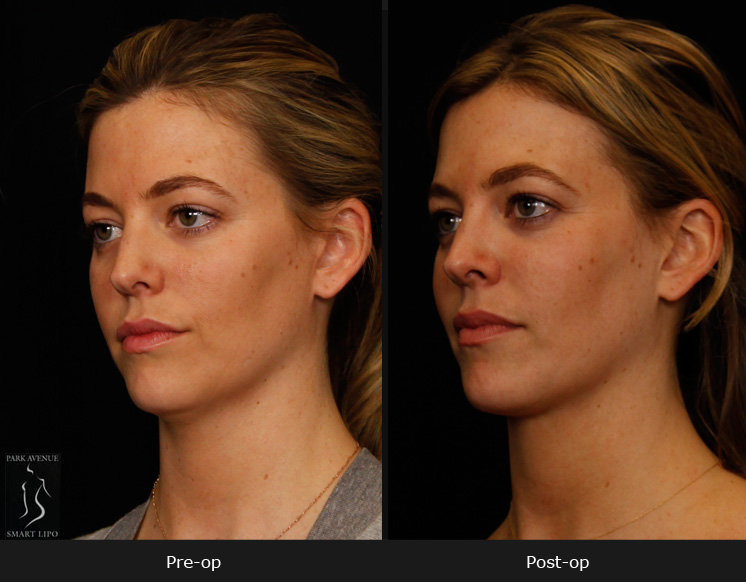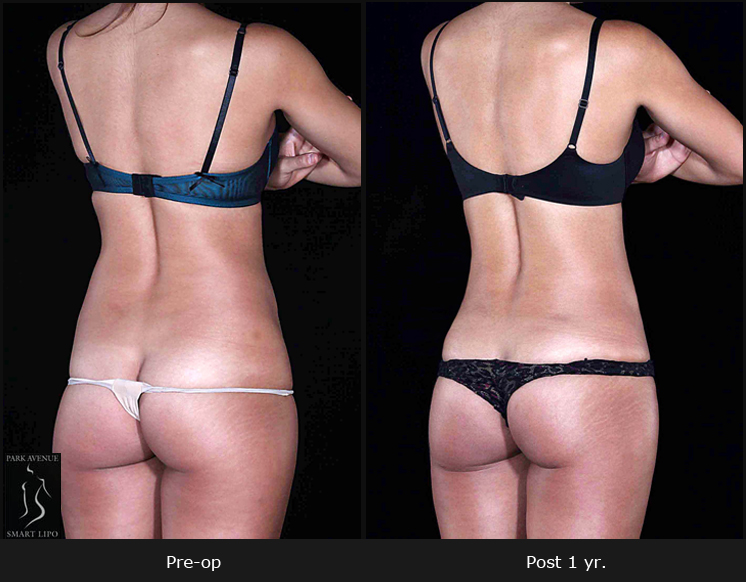A popular minimally invasive procedure to get rid of unwanted fat, laser liposuction surgery in New York City helps men and women achieve a well-shaped body. This procedure, performed using the FDA-approved laser-assisted Smartlipo Triplex workstation, liquefies and removes stubborn fat, tightens the skin, and improves body contour without the side effects and downtime associated with traditional liposuction surgery. Laser liposuction is an ideal option for patients who are close to their ideal weight. What does this imply?
Expert plastic surgeons say that, for the best results, candidates should be at a BMI of 30 (though the recommended BMI may be more or less depending on body type) before undergoing liposuction. Though laser liposuction in NYC removes excess fat safely and effectively, it is not a weight loss procedure. Rather, it is a body contouring procedure which eliminates localized fat that is resistant to diet and exercise and improves the overall shape and appearance of your body. For the best results, patients who are overweight need to reach their ideal weight before they have laser liposuction.
Laser liposuction surgery in New York City can eliminate excess fat in areas such as abdominal area, hips, buttocks, thighs, neck, arms, back, chest, inner knee, chin, cheeks, ankles, and calves, and also provides superior skin tightening effects. Those who are obese or overweight do not qualify as good candidates for liposuction. This body contouring procedure is meant for people who healthy and close to their normal weight but want to get rid of those unwanted fat pockets. It can only help those who are close to their ideal weight and have failed to eliminate those last few pounds through diet and exercise.
Reliable plastic surgeons will advise patients who are overweight to achieve a stable and ideal weight before laser liposuction with a balanced diet and a guided fitness and exercise program. Depending on one’s personal goals, ideal weight can be somewhat subjective, but should fall somewhere in the range of a healthy BMI for your height and weight.
- Losing weight improves results as the surgeon can focus on addressing the stubborn fat deposits on the problematic areas.
- It is safer for the patient if their BMI is within the normal range. Those with a BMI of 30 or higher, have been shown to be at a greater risk for complications during liposuction surgery.
- Minimizes the chances of appearance of stretch marks, if you are at ideal weight during the procedure
A Medscape article also notes that many overweight patients may actually be poor candidates for the liposuction for physiologic or psychological reasons.
So, by adopting healthy living habits such as regular exercise and eating a lean, balanced diet, you can greatly improve your candidacy for laser liposuction in NYC.
Maintaining an ideal weight after laser liposuction is as important as reaching an ideal weight before laser liposuction. Many people think that the fat removed after liposuction is gone forever. However, the truth is that while the procedure helped you achieve a trimmer look, your outcomes will be affected if you gain weight due to lack of exercise and poor eating habits. Though the fat won’t come back to the treated area, it can appear somewhere else. Proper diet and exercise is crucial to prevent further weight gain and maintain your liposuction results.
| Related blogs: |
If you are considering laser liposuction New York City, find an AAAASF-accredited plastic surgery facility that provides the services of experienced and skilled plastic surgeons. Such surgeons will perform a detailed evaluation to confirm your candidature and provide proper guidance and customized treatment to help you achieve your goals.

